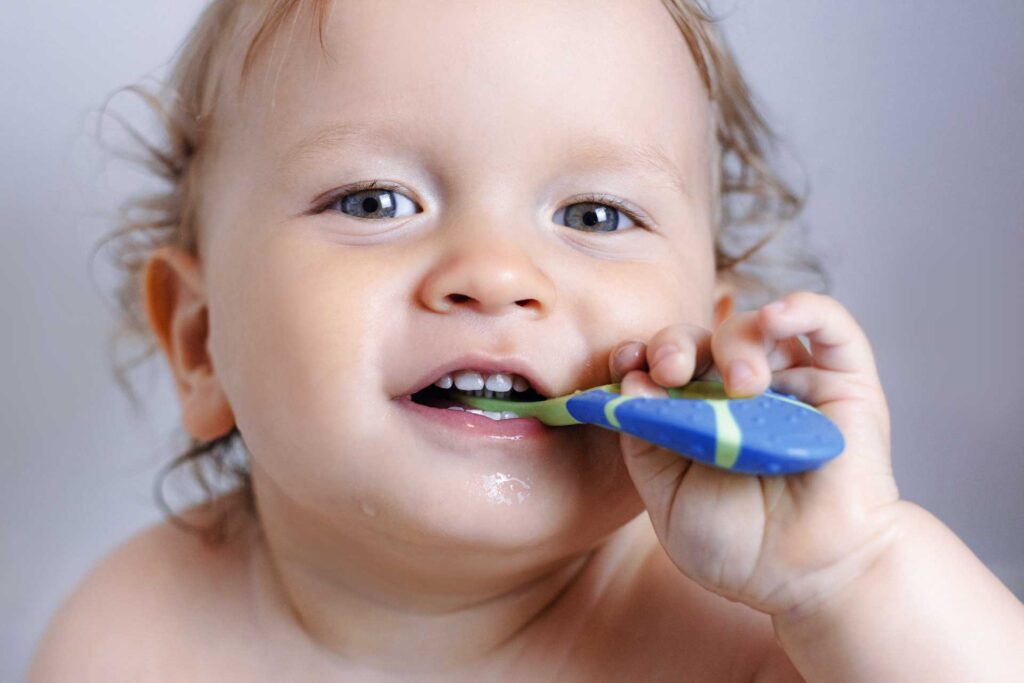


At Johnson Pediatric Dentistry, Dr. Cody emphasizes the critical importance of early dental visits. We recommend scheduling your child’s first appointment when their first tooth appears, or no later than their first birthday.
Building Positive Associations
The younger your child is when they first visit the dentist, the easier it becomes to create positive feelings about dental care. Early exposure helps children view the dentist as a normal, non-threatening part of life.
Preventing Dental Anxiety
Children who visit the dentist before experiencing any problems develop what psychologists call “latent inhibition”—an emotional toolkit that helps them stay calm even during treatments. Success builds confidence, and confidence eliminates fear.
Early Detection Saves Smiles
Catching oral health issues early means simpler, less invasive treatments. We can detect and manage problems before they develop into painful or complex situations.
Many parents underestimate the importance of primary teeth. Here’s why baby teeth are crucial for your child’s development:
Jaw Development & Muscle Strength
Just like exercising builds muscles, chewing with healthy teeth develops strong jaw bones and facial muscles essential for your child’s growth.
Space Savers for Permanent Teeth
Baby teeth act as placeholders, guiding permanent teeth into their correct positions. Losing baby teeth too early can cause crowding and alignment issues.
Speech Development
Teeth play a vital role in helping children form words correctly. Missing or damaged baby teeth can lead to speech difficulties that affect communication throughout life.
Nutrition & Eating Habits
Healthy, pain-free teeth make it easier for children to chew nutritious foods properly, establishing good eating patterns that last into adulthood.
Confidence & Self-Esteem
A healthy smile encourages children to smile more, feel confident in social situations, and develop the skills needed to care for their future permanent teeth.
Orthodontic needs vary for every child. Most treatments begin between ages 9 and 14, when children have some permanent teeth and are still growing. However, some early interventions may start even earlier.
Signs Your Child May Benefit from Orthodontic Evaluation:
When to Schedule an Evaluation
We recommend an orthodontic assessment around age 7. This allows us to identify potential issues early and determine the optimal timing for treatment if needed.
Every child is unique, and you may have specific questions about your child’s dental health. Our knowledgeable team is ready to provide personalized answers.